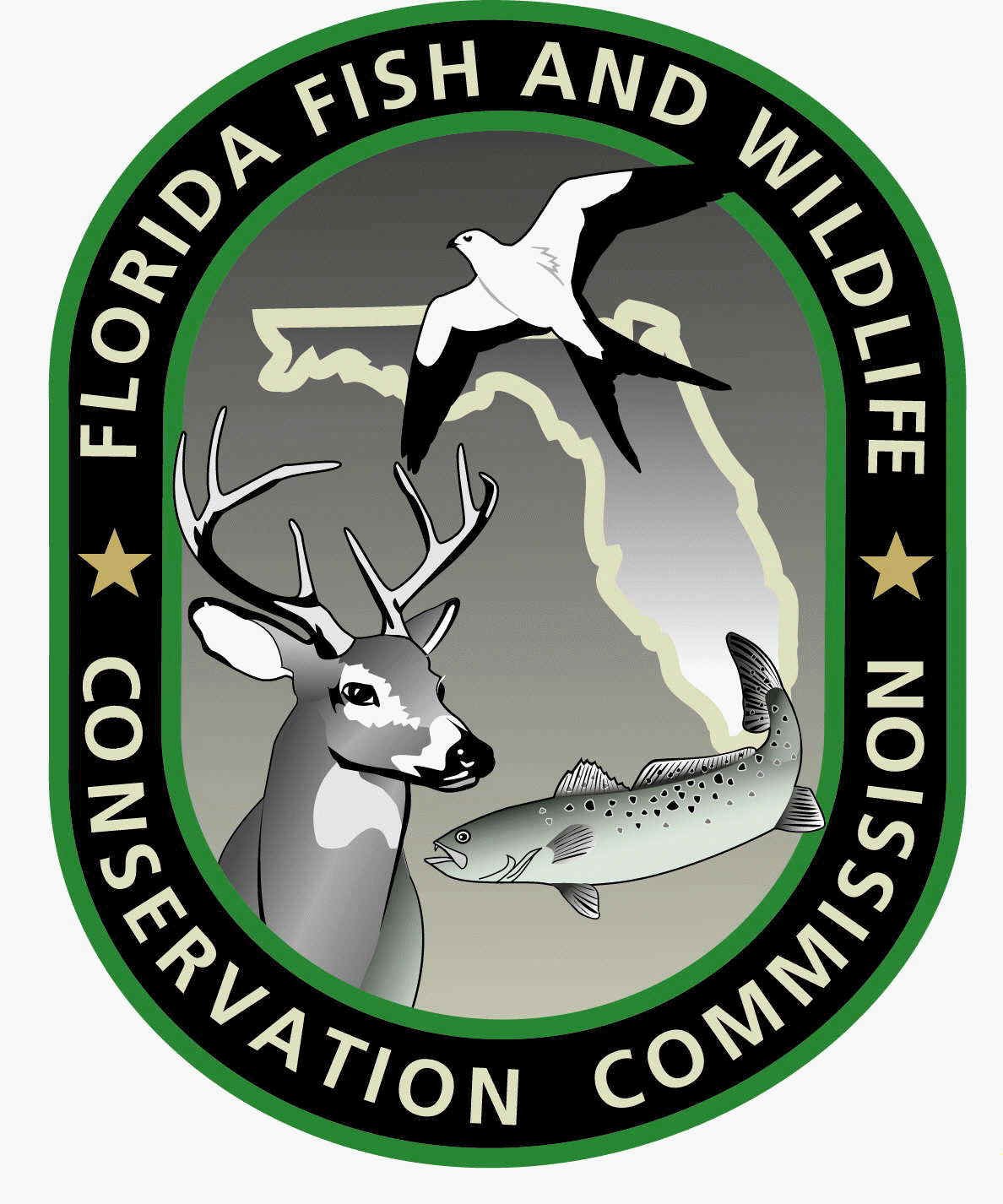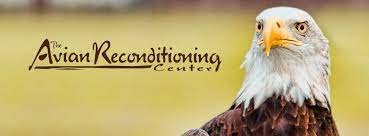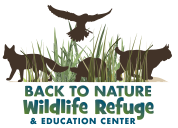Baby Birds & Rehab
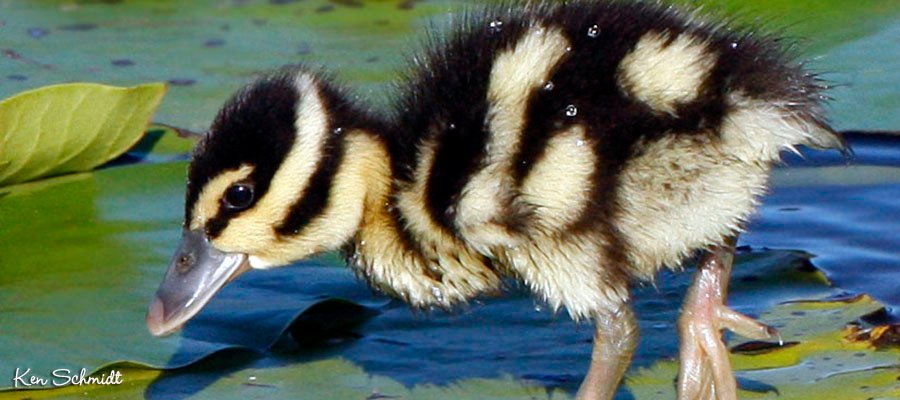
photo by Ken Schmidt

Do’s and Dont’s
assessing the situation
The Problem: A baby bird on the ground, or a cat presents an owner with a bird (a reason to keep cats indoors).
DO: Step away from it (or remove from the cat and contain the cat). Be far enough away to allow the parents to return and feed it.
DO NOT: Don’t assume that it is abandoned. The parents may only be hunting for food and will soon return to lead it to safety.
The Problem: A displaced nestling with very few feathers, not hopping or flapping its wings.
DO: Look for a nearby nest in a tree or a shrub. Return the bird to its nest.
DO NOT: Don’t believe the myth that touching it will leave a human scent and cause the parents to reject it.
The Problem: The bird is a fledgling with feathers and is strong enough to hop around and try to fly.
DO: Leave it alone unless threatened by cats or other predators. Be far enough away to allow the parents to return and feed it.
DO NOT: Do not return it to the nest. It will simply hop out again. It’s ready to see the world, now!
The Problem: The nest has fallen from the tree.
DO: Try to return it, as close as possible to its original location.
DO NOT: Don’t worry that handling the nest will cause the parents to abandon it.
The Problem: The nest has been destroyed, or you think it is too flimsy to hold the nestlings.
DO: Make a new nest out of soft moss and grass in a plastic berry basket, flowerpot or something similar with good drainage but waterproof. Put it near the tree, put the bird in the new nest, and watch it carefully from a distance.
DO NOT: Don’t give up hope! The parents of baby birds and mammals do not give up easily, but will seek to recover their young and resume their parental duties.

Caution…
are you truly helping?
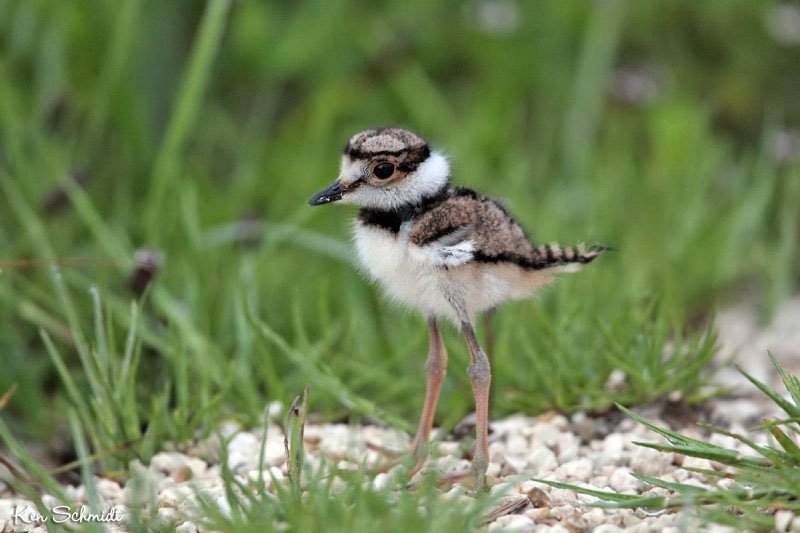
Killdeer Chick – photo by Ken Schmidt
If you are convinced your “baby” is an orphan after observing it for several hours, please know that raising a wild bird or mammal is a full time and difficult job for humans! Because of its high metabolic rate and voracious hunger, it must be fed every twenty minutes during daylight hours (or at night for nocturnal species) to prevent brain damage. Its parents are well equipped to do a great job; we are not. Some reasons not to do it are:
1) Mortality is high.
2) It is extremely time-consuming.
3) State and federal laws prohibit possession of most wild birds and mammals.
4) The animal imprints on a human as its parent and is less able to survive in the wild without skills only its parents can teach it.
Wildlife Rehabilitators have legal permits and the experience to give them a high success rate in their endeavors. If they help you with a bird you take to them, a donation is appropriate as many of them work mostly at their own expense.


